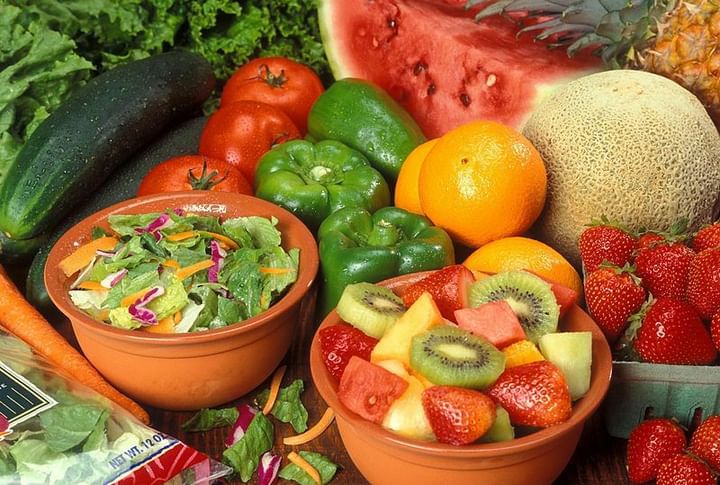A Funtastic Bond With Food
A fun-tastic bond with food
Quite contrary to popular belief, children between 2 and 12 years of age do not require much nutrition as the growth rate is the lowest. Your child will explore as much as you will encourage, so these are testing times for both – children as well as parents.
The second phase of childhood life, as far as nutrition is concerned, includes toddlers, preschoolers and young school-going children – the children between the age of 2 years and 12 years years. Your child, unlike the early days of infancy and adolescence, does not grow rapidly; there are occasional growth spurts this phase of your child’s life is not as nutritionally demanding as the other two phases.
Heredity plays a vital role in the growth of your child. However, your child must receive optimum nutritional support to ensure they reach their potential to grow physically and mentally. This nutritional phase plays a vital role in your child's growth so pay close attention to what you are going to read hereafter.
Keep up with your child’s nutritional needs
Children in this are typically very active. They run. They play. They follow you. They explore things around them. They are, therefore, in need of a constant supply of energy. They require a balanced diet with four to five mid-sized meals a day instead of three large meals like we adults prefer. Your child in this age group also needs vitamin c, and a. One serving of citrus fruits, tomatoes, guava will meet the requirement for vitamin c and carrots, papaya, sweet potatoes, and leafy greens such as spinach will serve your child vitamin a that it will need.
Let the meals be a fun activity
Beginning when the child learns to sit upright and walk, the child can pick things up and put it in the mouth. That's where you should start allowing the child to self-feed, and by the age of two years, your child should be able to self-feed. It will be messy in the beginning – fruit juices and pieces of food dribbling from the mouth, hands and arms covered in food and your child trying to eat off the plate.
Allow your child to participate in the journey of its food – take your child to the market for shopping of food items; let them help you in preparing the food at home, and make the process fun for your child. Children love to make dough balls, help mash potatoes, or knead the dough. Be a sport and let the child develop a relationship with its food. Your child will develop likes and dislikes, but support your child in choosing at least one food item from each group, every day. Feeding the child should be fun and not a chore for your child and you or its caretaker.
Your child is turning into a ‘person’
Your children in this age group may not want to eat all the time; however, they may want to eat wrong food all the time. Fussy eating creeps into our lives at this age. It is therefore essential to help your child make a choice and a healthy choice at that. Present your child a variety of healthy food options and let your child choose. The key here is presenting healthy food options and not what you think is right for the child. For example, let the child choose between dry fruits and fruits and a sugar candy.
Remember, the food at home should be in keeping with your tradition and culture. It is essential to experiment while staying relevant. Cook and serve home-cooked, locally available, fresh and colourful food to your child. It is best to make food appealing to the child – different colours, textures, and a bit of surprise too will help in keeping your child engaged at the mealtimes. Try smaller frankie rolls instead of serving roti and sabzee on the side, or kheer with natural sweeteners such as fruit pulps instead of sugar, for example. Or make salad balls with small portions of salads wrapped in green leaves – blanched spinach wrapping warm, peas-tomato-carrot salad. Your child will enjoy eating such foods.
You will not need any form of nutrition-supplements if your child eats a balanced diet daily. Remember, it is your responsibility to give your child a balanced diet. If your child builds a positive and fun-filled bond with food, it will eat a balanced diet and learn to make healthy food choices early in life.



+1.svg)
